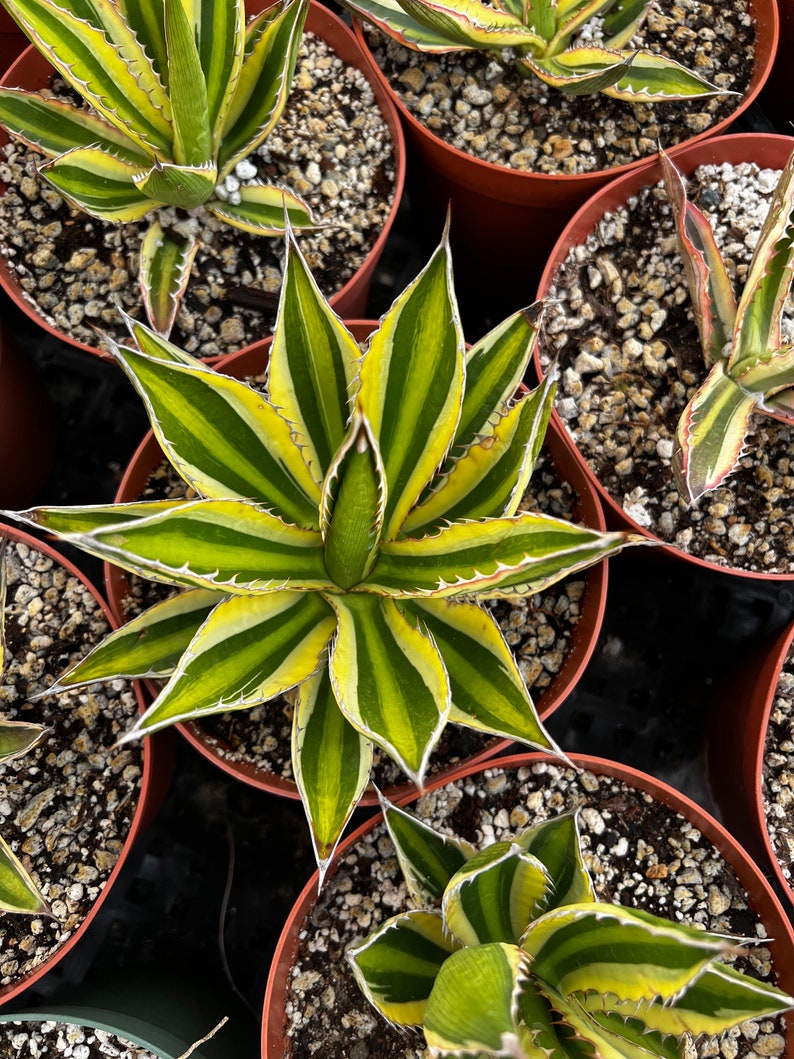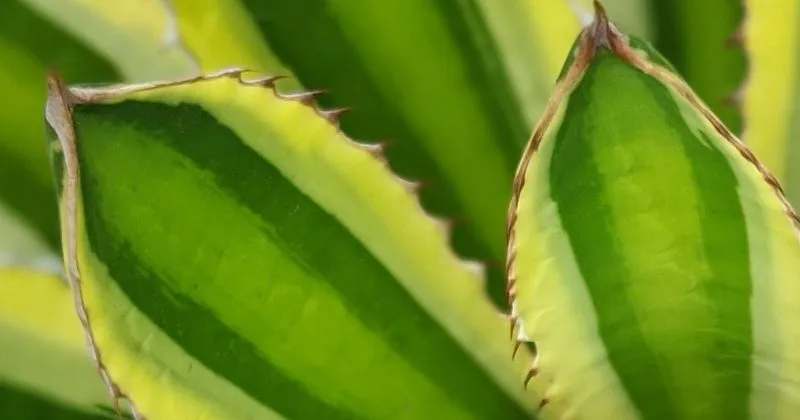
Agave lophantha ‘Quadricolor’ is a stunning and unique succulent that can add a pop of color to any indoor plant collection. Also known as the “painted agave,” this plant is native to the mountains of Mexico and boasts vibrant green and yellow striped leaves. Caring for it is relatively easy, but there are a few key things to keep in mind to ensure it thrives.

Dig in!
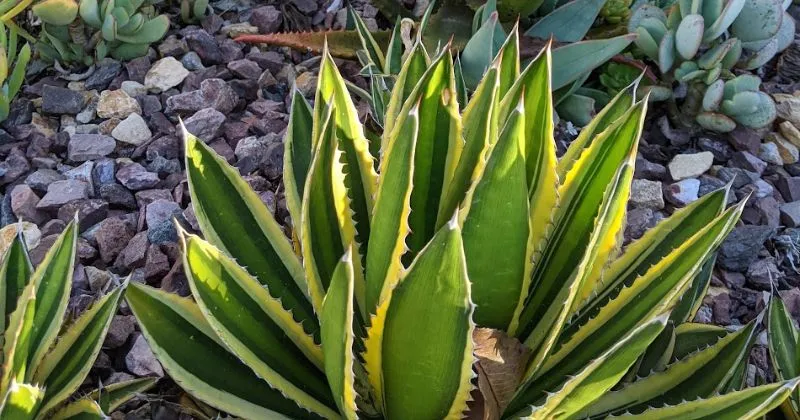
How do you water Agave lophantha ‘Quadricolor’?
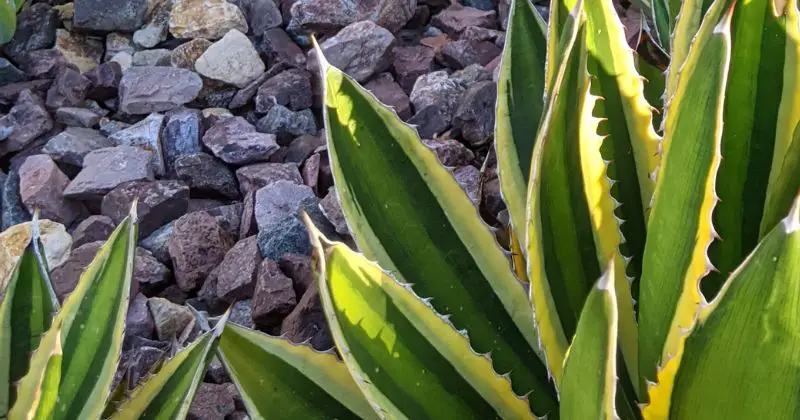
Agave lophantha ‘Quadricolor’ is drought-tolerant and does not need frequent watering. Water it deeply, but allow the soil to dry out completely between watering. Overwatering can lead to root rot, so be sure to check the soil moisture before watering.
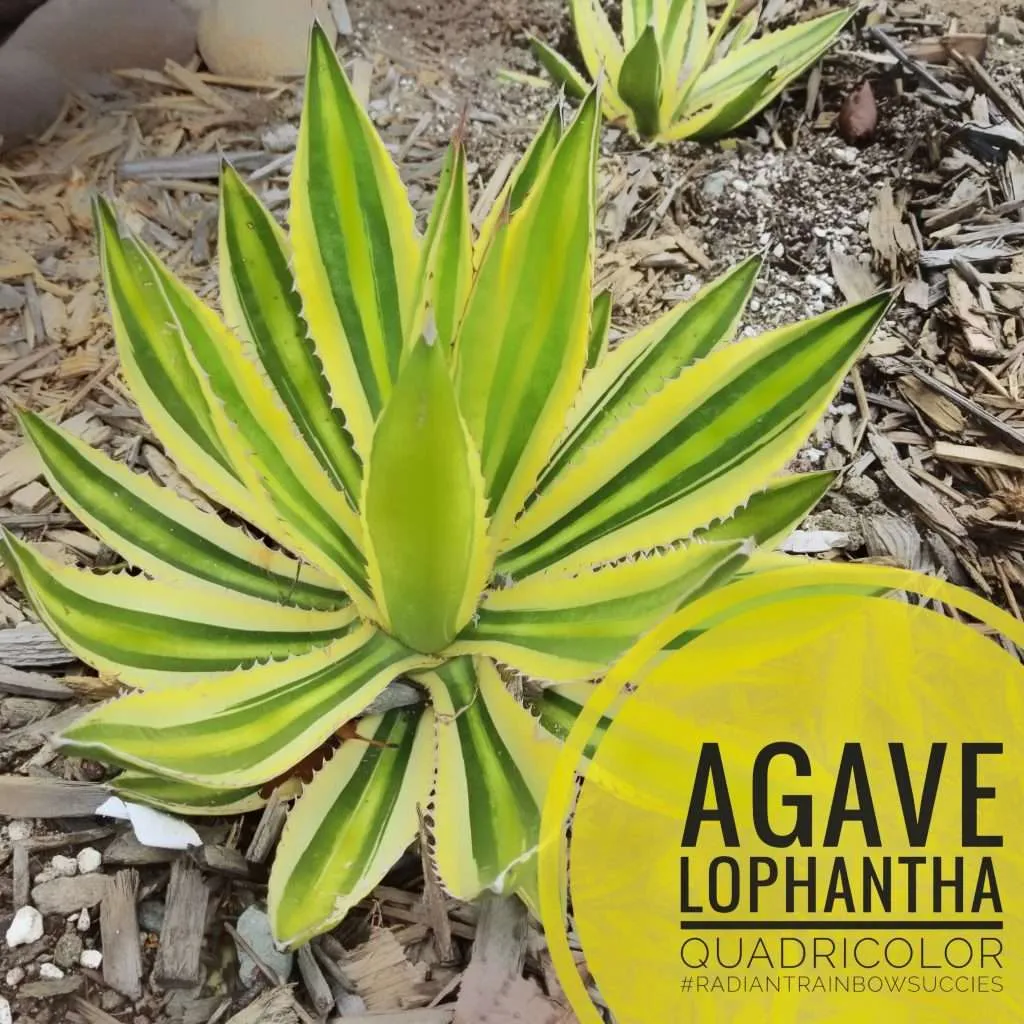

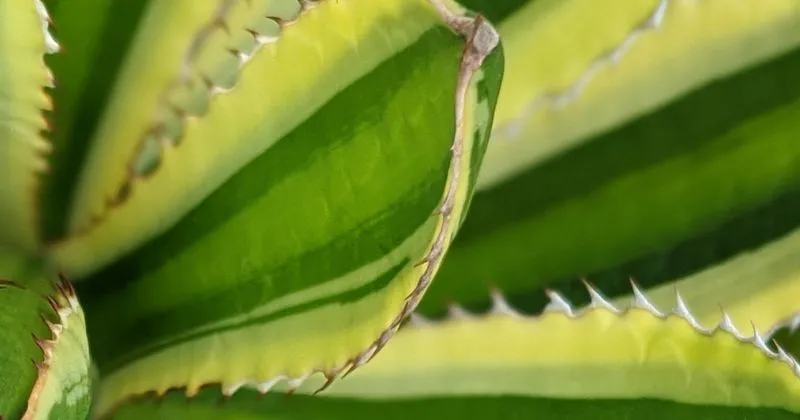
What kind of soil does Agave lophantha ‘Quadricolor’ need?

Agave lophantha ‘Quadricolor’ thrives in hot, dry climates with alkaline soils that are well-drained and low in nutrients. It prefers soils with a pH between 7.5 to 8.5, which are moderately alkaline. It does not require rich, fertile soil with high organic matter or nitrogen. In fact, too much fertilizer can reduce flowering. Poor, infertile soil is ideal.
When should I repot it?

Repot it every 2-3 years in well-draining soil. Choose a pot with drainage holes to prevent excess moisture from accumulating. Be careful when handling it, as its leaves have sharp tips.

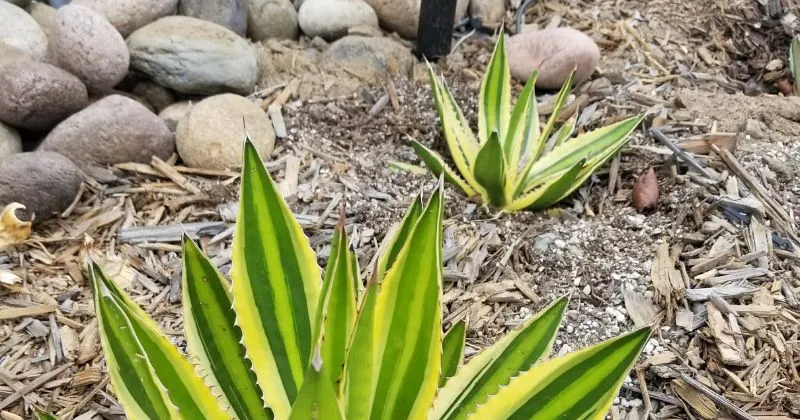
How much light does Agave lophantha ‘Quadricolor’ need?
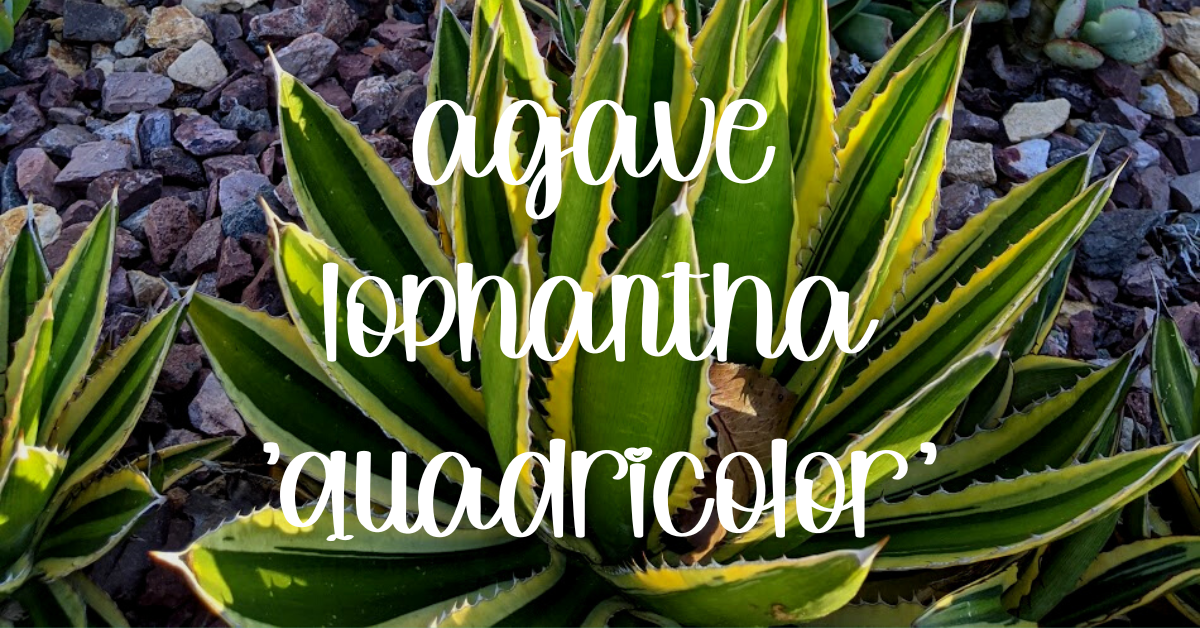
Agave lophantha ‘Quadricolor’ prefers bright, direct light. Full sun exposure is essential. Agave lophantha needs 8-10 hours of direct, unfiltered sunlight per day. Acclimate it to full sun over the course of a couple of weeks to prevent sunburn.
It is a plant adapted to hot desert climates with intense sunlight. Shady conditions will cause the plant to become leggy, spindly and lose its natural rosette form.
Bright, direct sunlight is ideal. Indirect light or filtered light through glass or shade cloth is not enough. It needs the full intensity of sunlight to produce offsets freely and for the best foliage color and plant health.

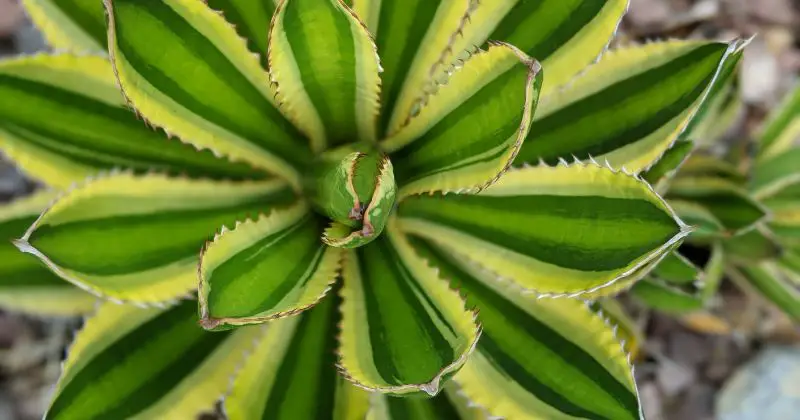
How do I propagate Agave lophantha ‘Quadricolor’?
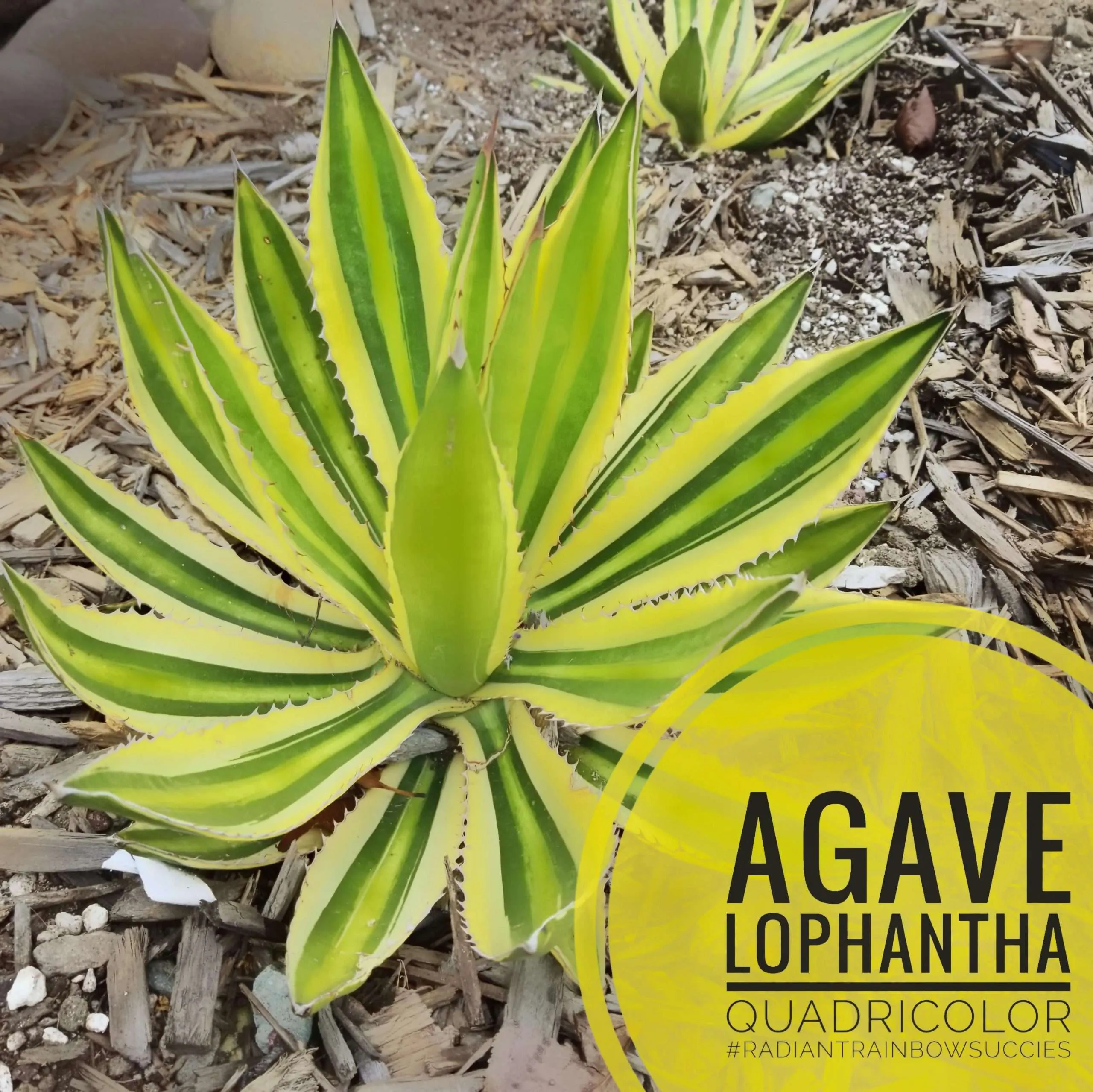
Agave lophantha ‘Quadricolor’ can be propagated from offsets and seeds. The easiest and most common way is to propagate offsets. Look for pups growing around the base of the parent plant. Carefully detach the pups with a sharp knife or saw, leaving some roots attached. Allow the wounds to dry for a day or two before planting. Plant offsets in well-draining soil.
Agave lophantha produces black seeds, though seedlings take 6-10 years to flower. Scarify the hard seed coat before planting to speed up germination. Plant seeds in well-draining soil and keep moderately moist.
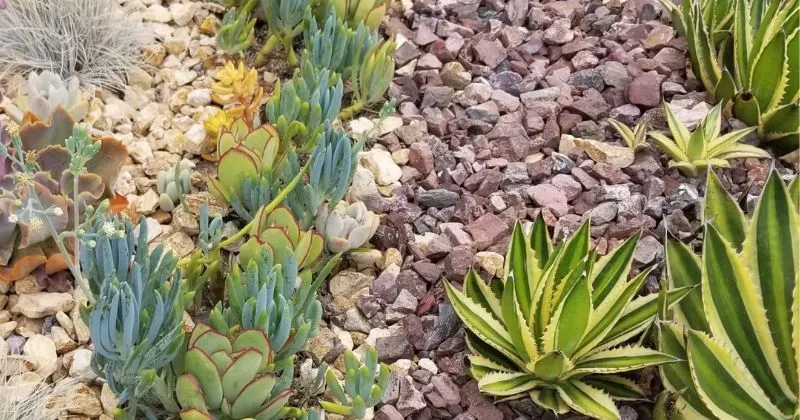

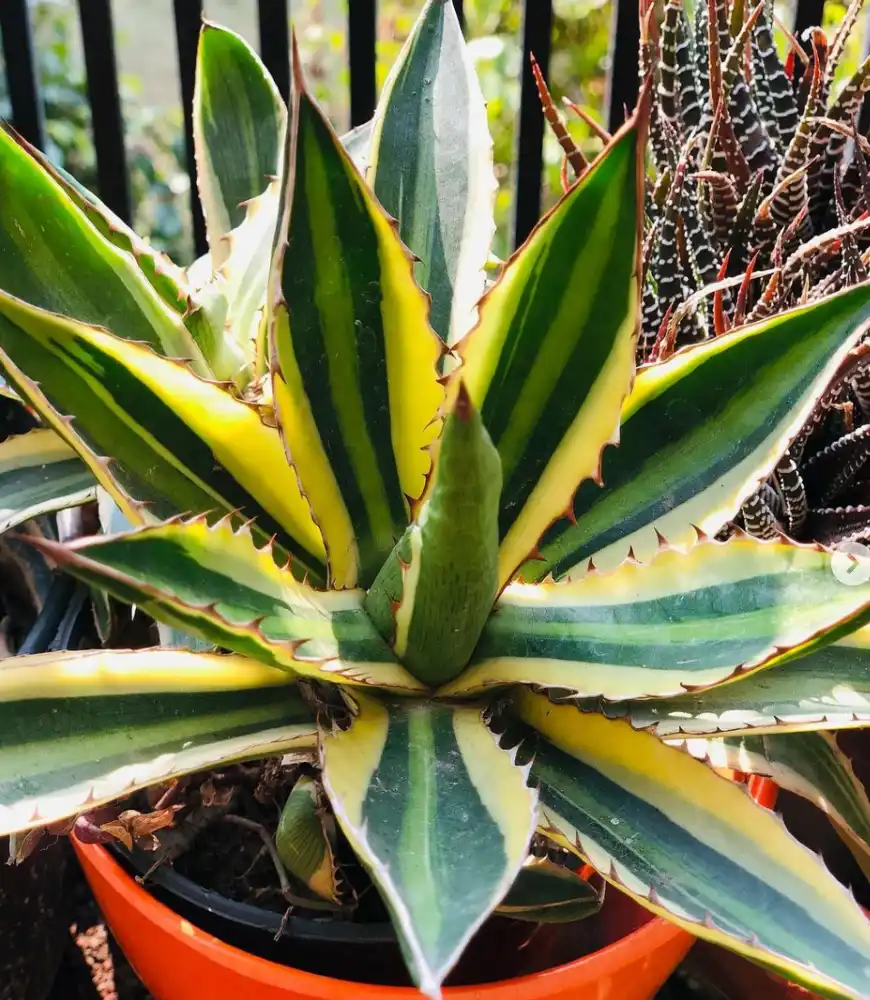
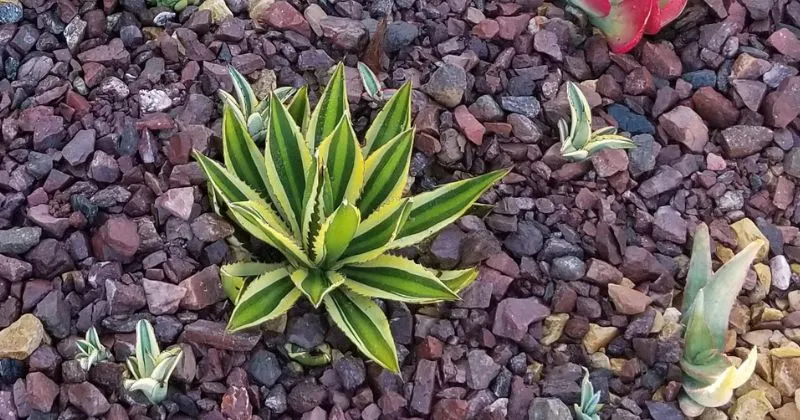
Is Agave lophantha ‘Quadricolor’ poisonous?

Agave lophantha ‘Quadricolor’, like most agaves, does contain compounds that can be irritating or toxic in large amounts. However, in normal quantities it is not considered poisonous to humans.
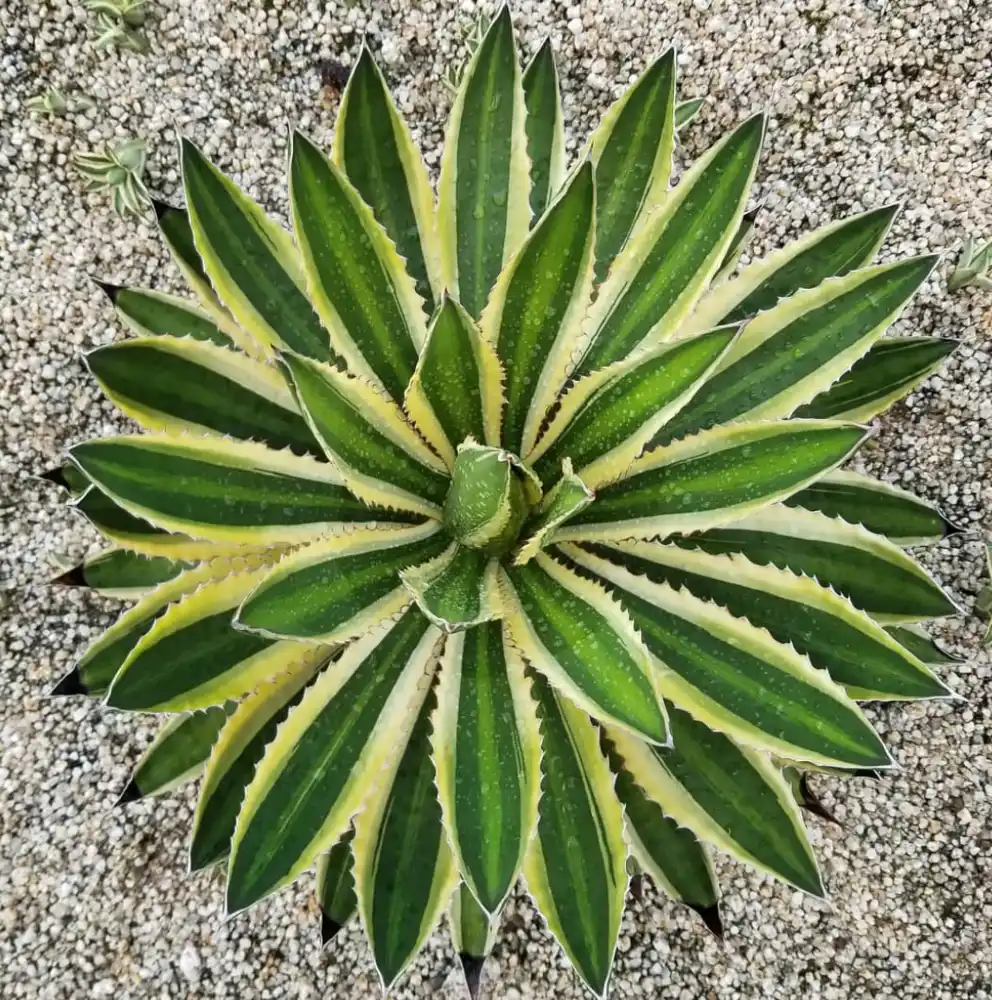

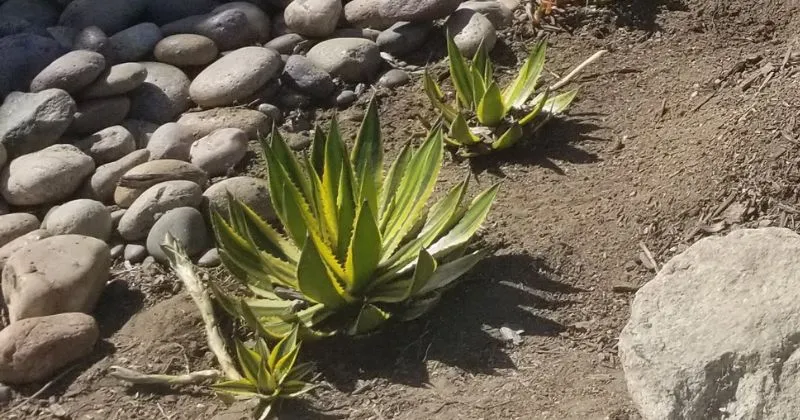
What are the most common problems it has?
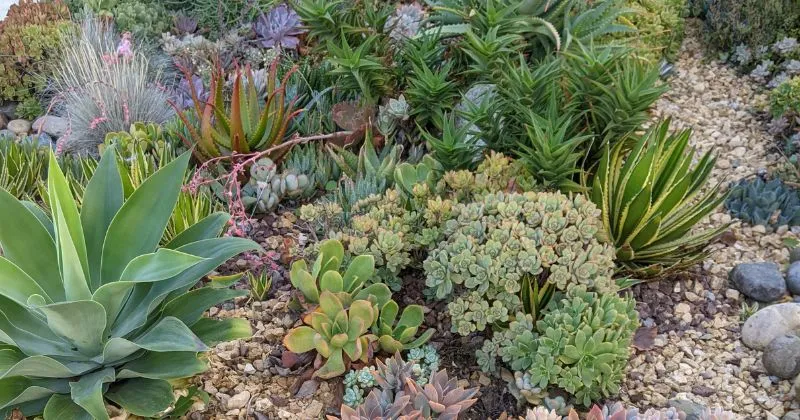
Yellowing leaves: This can be caused by too much or too little water, or by a lack of nutrients. Adjust watering and fertilizing as needed.
Stunted growth: This can be caused by insufficient light or incorrect watering. Make sure the plant is getting enough light and adjust watering as needed.
Pest infestations: Agave lophantha ‘Quadricolor’ is generally resistant to pests, but it can be prone to mealybugs and scale. Use an insecticidal soap or neem oil to control pest infestations.
Root rot: The biggest problem I have with mine is root rot. Now that my mother plant has sent out so many pups, they’re pretty crowded AND they’re in a low spot in my yard, so water tends to pool there.

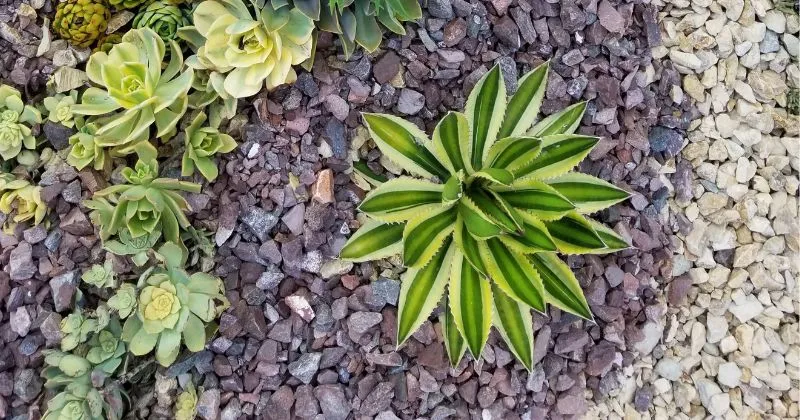
What is the ideal USDA Hardiness Zone and temperature?
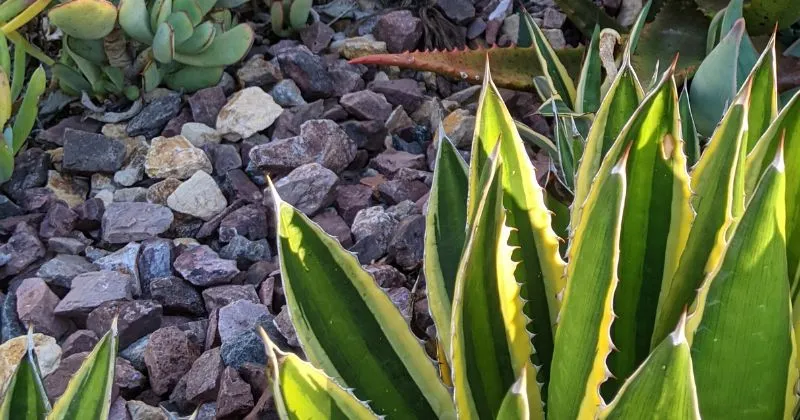
Agave lophantha ‘Quadricolor’ is ideally suited for planting zones 9-11. It can tolerate winter temperatures as low as 5-15 degrees Fahrenheit for a very short period of time. The ideal environment is a hot, dry desert with plenty of bright sun exposure. It can thrive with minimal irrigation once established.

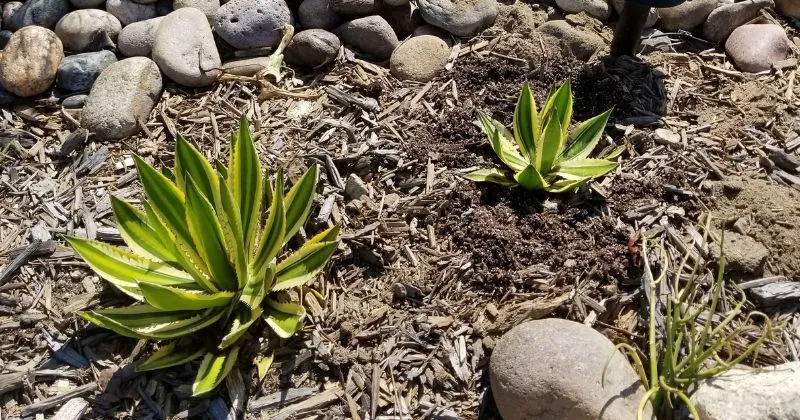
Where did it come from?
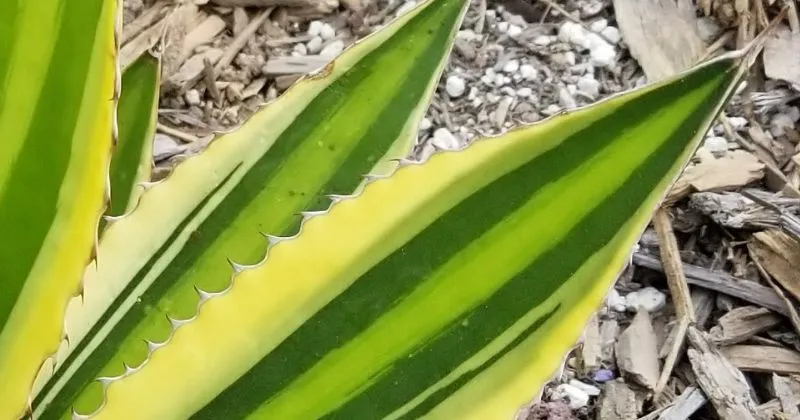
It originated in Mexico. It faces threats to its native habitat due to agriculture, urbanization, and overgrazing. So conservation efforts are focused on protecting remaining natural stands.

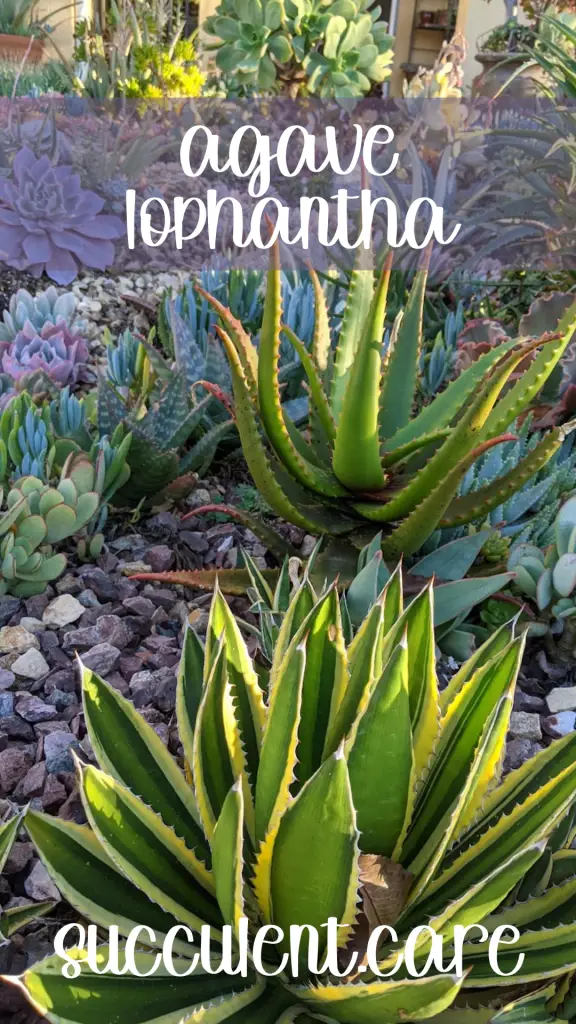
In summary, caring for Agave lophantha ‘Quadricolor’ is relatively straightforward. It is a low-maintenance plant that is well-suited to life as an indoor plant. By providing it with bright, full sunlight, allowing the soil to dry out between watering, and repotting it every few years, you can help yours. With its vibrant green and yellow striped leaves, it is sure to be a standout in any plant collection.
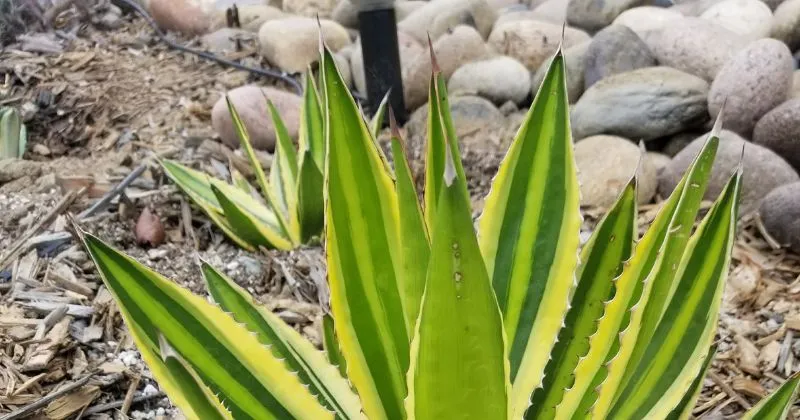

Where to Buy Succulents Online

